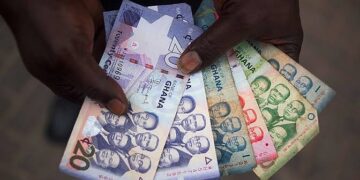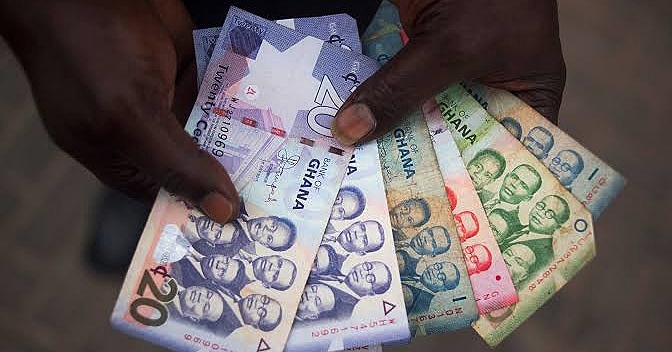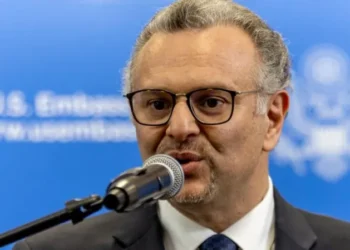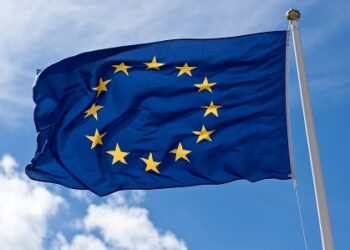By John Ikani
Ghana’s inflation rate rose to 50.3 percent in November, up from 40.4 percent in October — the highest rate since 2001.
Ghana has been facing a severe economic crisis that triggered a restructuring of its local debts last week. The country also announced a deal with the IMF for a $3 billion bailout.
The West African nation’s inflation rate was just 13.6% in January this year but has continued to experience price increases driven by currency depreciation and a fiscal crisis.
The country’s statistics office said costs rose the most in the category of housing, water, gas and electricity, with prices up 79.1 percent.
It was followed by furnishings and household equipment at 65.7%, followed by transport, including fuel at 63.1 percent.
The headline inflation rate is now five times the top of the Bank of Ghana’s target band of 6 per cent to 10 per cent. The agency last month changed its reference year to 2021 from 2018.
The central bank has hiked its main lending rate by 10 percentage points since the start of the year in attempt to hold back inflation and slow the cedi’s depreciation.



































